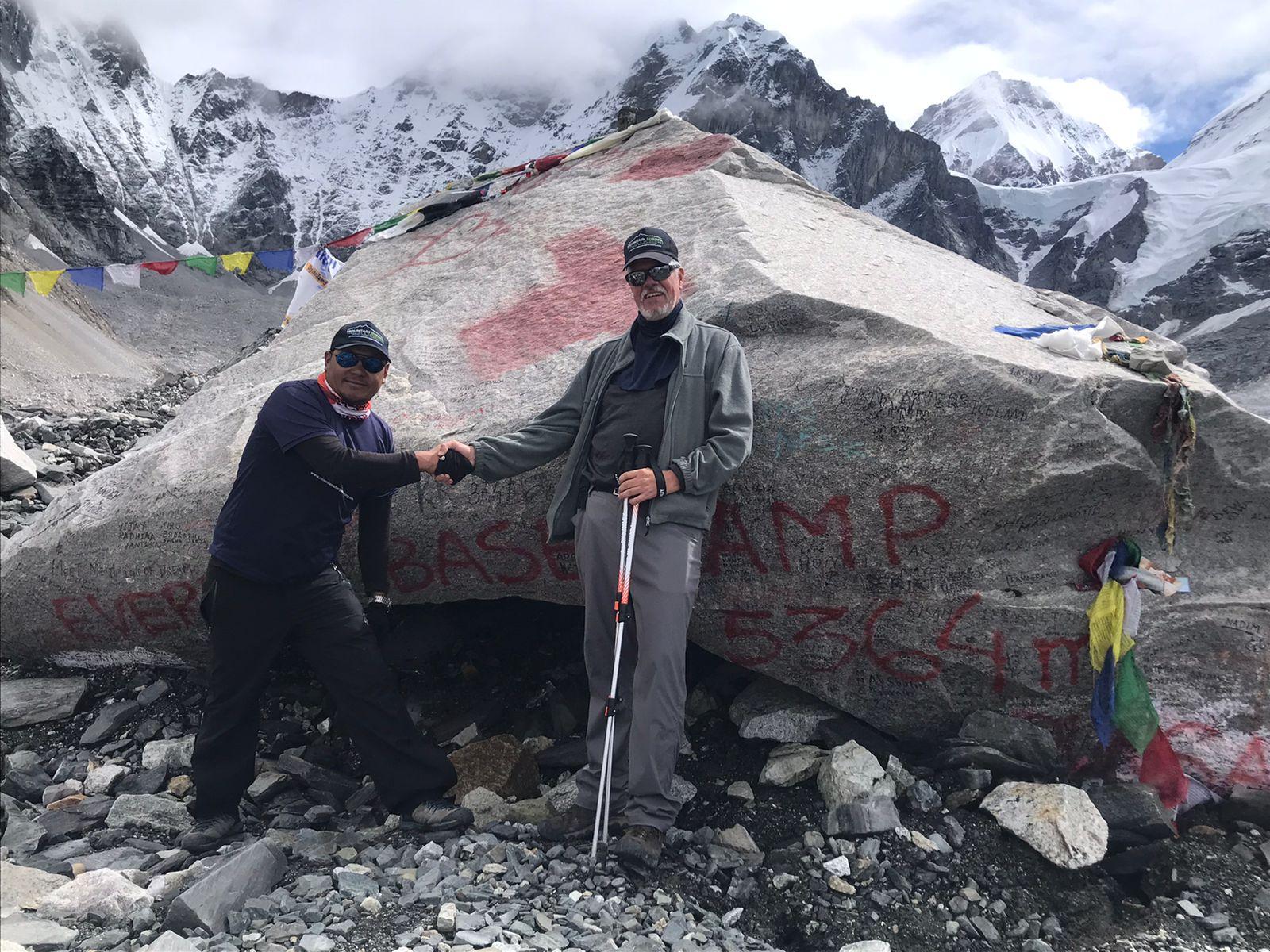-
Pasang Sherpa (Managing Director)
+977-9851060947
Since 1998 15,000+ Happy Guests Sherpa Owned & Operated Company

Solo Trekking in Nepal: Top 17 Tips for a Safe and Memorable Solo Trek
If you are considering embarking on a solo trek in Nepal, thorough preparation is essential to ensure your safety and enhance your overall trekking experience. As an expert local trekking company in Nepal, Mountain Sherpa Trekking & Expeditions, we strongly recommend that all trekkers take specific precautions to ensure their well-being in the mountains.
First and foremost, consider trekking with an experienced trekking company, especially one with expertise in the regions you plan to explore. Such companies are well-versed in handling various aspects of trekking and can provide crucial support during emergencies in the mountains.
Safety should always be your top priority when trekking, whether at high or low altitudes. Familiarize yourself with trail conditions, weather patterns, and potential risks specific to your chosen route. This knowledge empowers you to make informed decisions along the way.
One of the most valuable pieces of advice is to trek with an experienced local Sherpa guide. These guides possess in-depth knowledge of the terrain, culture, and safety protocols, enhancing the overall safety and enjoyment of your trek.
To further assist you in planning your solo trek in Nepal, we have compiled a comprehensive list of 17 useful tips and essential information. These insights cover various aspects of trekking, from permits and physical fitness to communication, acclimatization, and emergency preparedness.
By following these guidelines and being well-prepared, you can embark on a solo trek in Nepal with confidence, knowing that you have taken the necessary steps to ensure your safety and a truly enjoyable adventure in this breathtaking Himalayan country.
Solo Trekking in Nepal: Top 17 Tips for a Safe and Memorable Solo Trek
Remember, solo trekking in remote areas can be challenging, so prioritize safety and thorough preparation to ensure a memorable and fulfilling experience in Nepal.
If you have any questions regarding solo treks, private treks, or group treks in Nepal, please feel free to contact us via email or WhatsApp anytime. With over 25 years of experience in operating various treks in Nepal, and as a local expert Sherpa-led company, we are highly confident in providing you with accurate and up-to-date information.

E-mail: info@mountainsherpatrekking.com
![]()
Write us to on WhatsApp: +977-9851060947